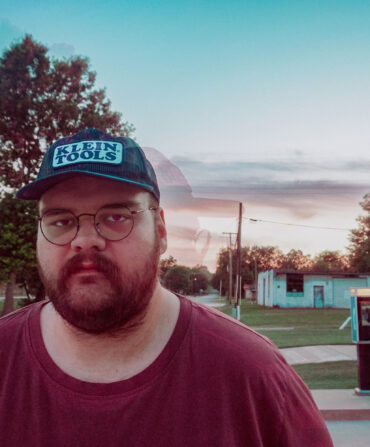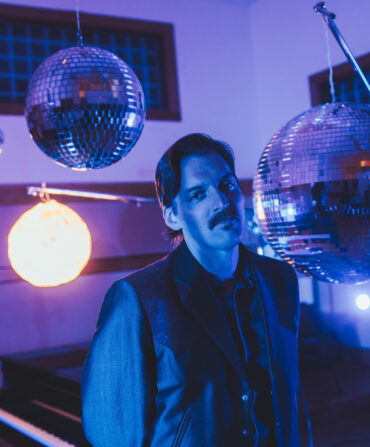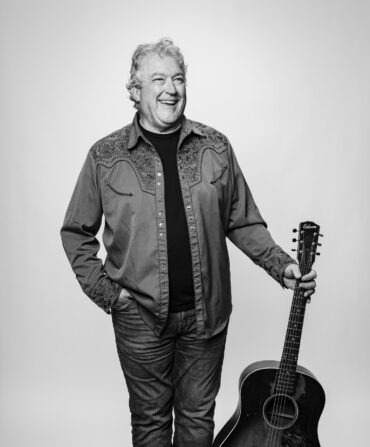Blending her dramatic, retro (but not corny) voice with a potent mix of bluegrass, jazz, and calypso—as well as appearances by heavy hitters Jerry Douglas, Sarah Jarosz, and Billy Strings—Sierra Ferrell’s new album, Long Time Coming, has been one of the year’s most anticipated releases in Americana circles and beyond. Ferrell, a West Virginia native, wasn’t drawn to bluegrass growing up, listening to Nirvana and Pearl Jam on the radio as well as metal bands like Type O Negative (whom she still counts as a favorite). She left Charleston in her early twenties and headed west, living out of her car and meeting other nomads, many of whom busked for money by playing old-time string music. Captivated by what she heard, Ferrell busked on her own for a couple of years in New Orleans while soaking up the city’s jazz and tropical sounds. Eventually, she made it to Nashville, where she wowed audiences at local clubs with her dynamic live shows before signing with Rounder Records.
One of Long Time Coming’s most engaging tracks, “Bells of Every Chapel,” is a bouncy lament on unrequited love. Strings guests on the track, pushing the song to glorious heights with his trademark nimble guitar fireworks. And in the cheeky video—which Garden & Gun is premiering below—Ferrell turns the song’s dramatics into something more whimsical, hamming it up at a small church in Nashville as a bride left at the altar.
Watch the video below, and read our interview with Ferrell about growing up in West Virginia, connecting with Strings, and silencing the critics. Long Time Coming is out this Friday, August 20, and available for preorder here.
Were you surrounded by a lot of music growing up?
Well, it all started whenever I could talk because I was always making noises and singing. And when watching TV, I memorized all the show theme songs and commercial jingles. I’ll remember the mentos commercials forever. Sings: “It doesn’t matter what comes/Fresh goes better in life/With Mentos fresh and full of life.” I could do the whole thing.
West Virginia is obviously a hotbed for bluegrass. When were you exposed to it?
Whenever people hear that I’m from West Virginia, they automatically assume I was picking the banjo on the porch and grew up with it, which I absolutely did not. I wish I did. I listened to ’90s music, like the one-hit-wonder stuff. I didn’t grow up around my dad’s family, but I found out later that they are awesome bluegrass players. I guess bluegrass music just kind of comes through my DNA.
What was the experience like when you left Charleston and lived the nomad life?
I met a lot of kids who follow the harvest seasons—the blueberries in Maine, the peaches in Georgia, and then sugar beets in North Dakota and Montana. It’s a lot of people trying to figure life out.
Do you have anything that has stuck with you from those days?
I feel like it prepared me in a way for my career and my future in music because I had to put myself out there and be judged by people when I was busking. Now there are people behind computers who are bitter and say mean things about you. But you just can’t let that get to you. I feel like that lifestyle helped toughen me up.
How did you and Billy Strings connect?
We met after a show he played in Seattle. I didn’t get to jam with him like I wanted to, but I told him I was moving to Nashville and I’d see him around. Now he lives up the street from me! We have the same producer (Gary Paczosa), so it felt like I had to have him on the record. Hopefully we will get to do a co-write sometime.
Your sense of humor really comes through in the video.
Thank you. I appreciate that. Bluegrass can be so serious a lot of the time because it’s played by a bunch of old white men. Somebody has to mix it up.








